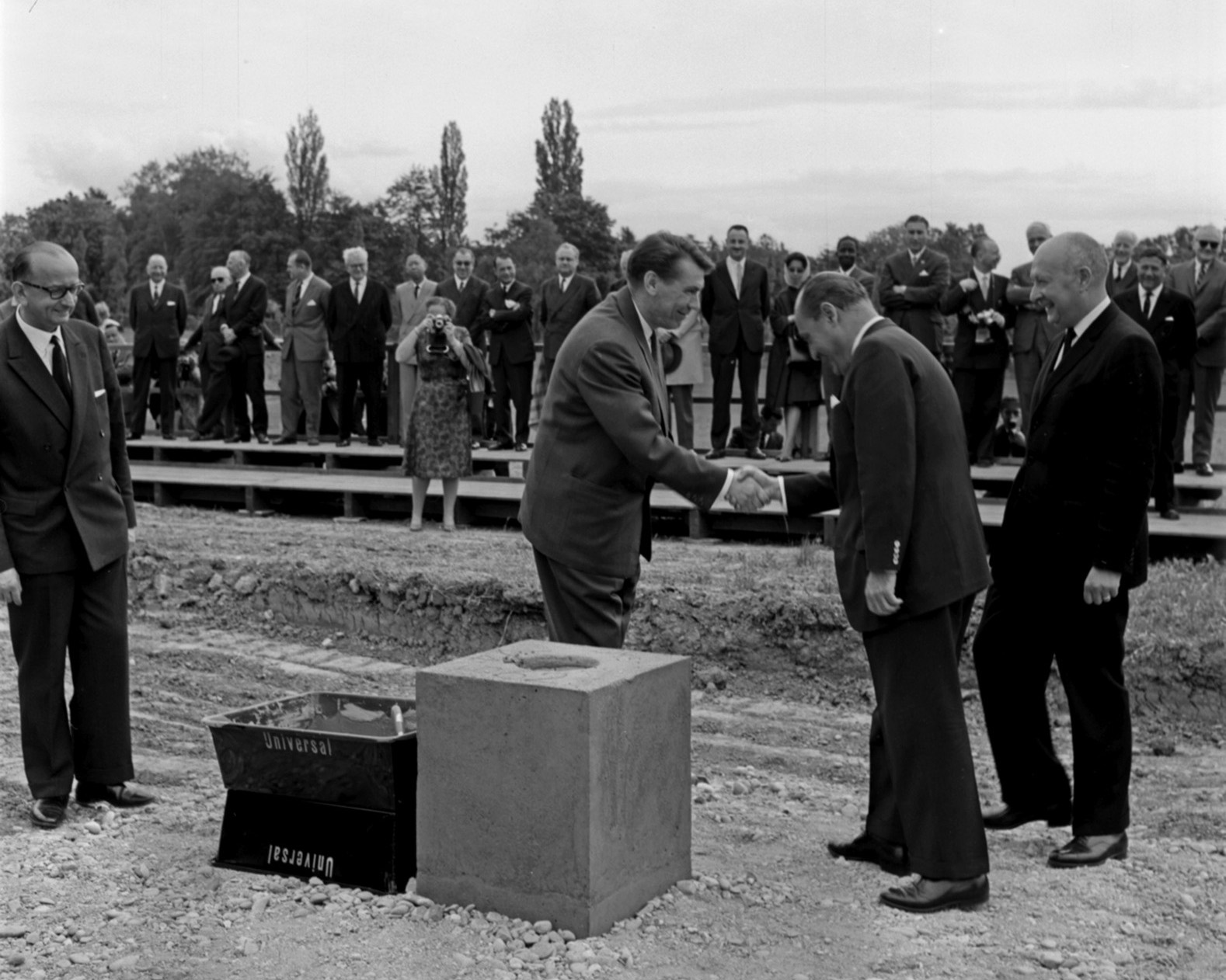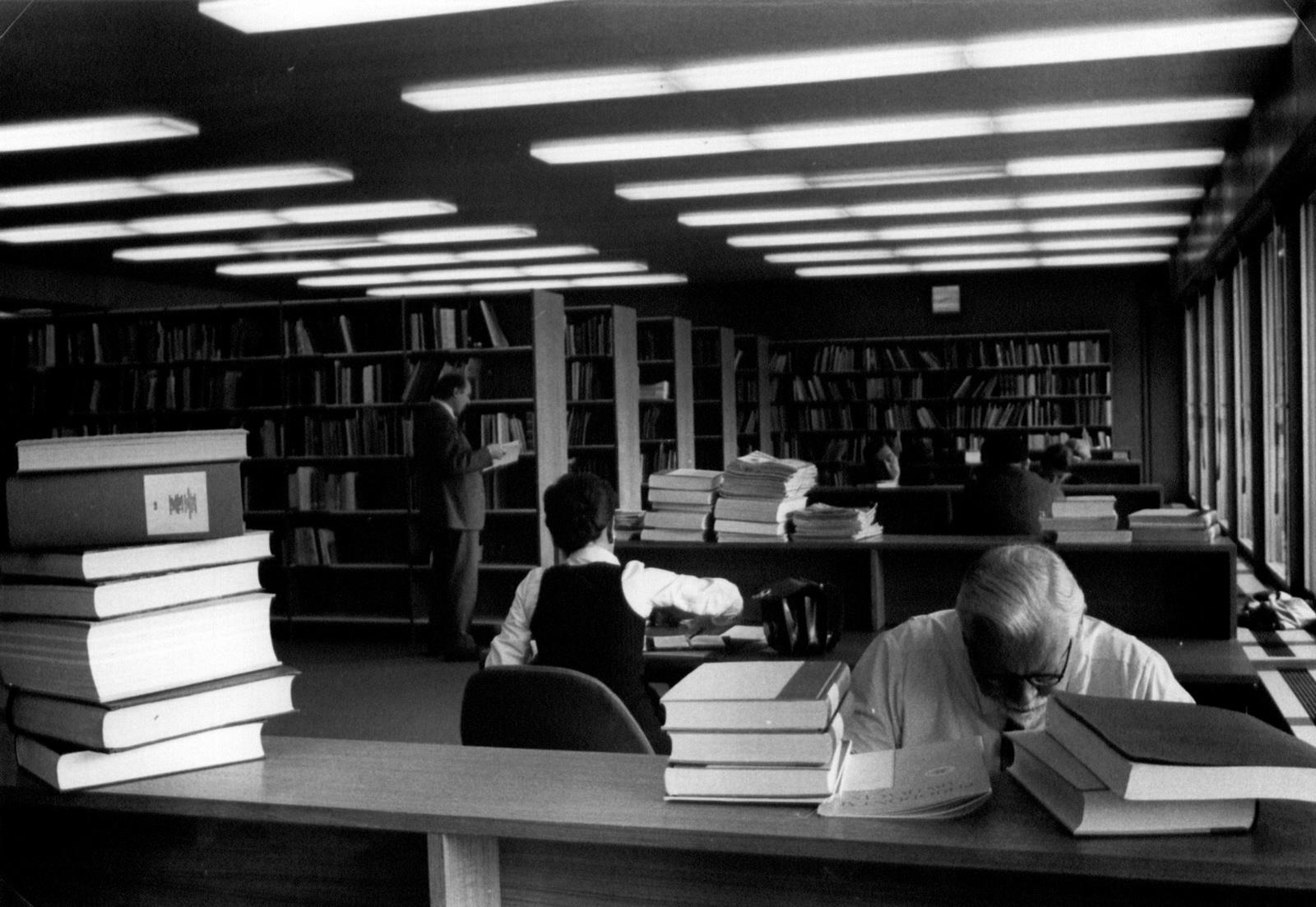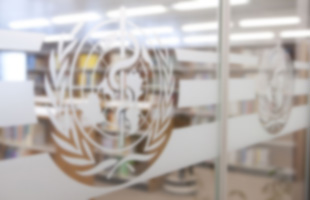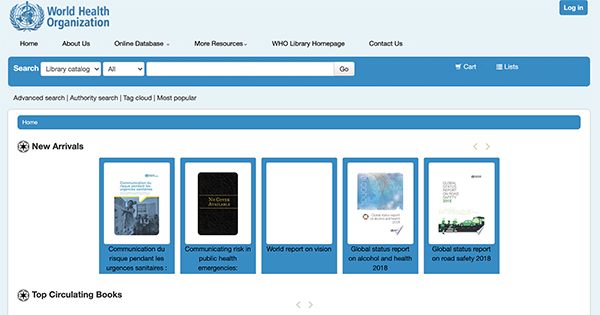
WHO Archives
Archives
The WHO Archives conserve more than 3 linear kilometres of documents which have acquired administrative, legal, historic and cultural value. They are WHO's institutional memory and trace the Organization's history.
The WHO Archives preserves the historically valuable documents produced by WHO and also by organizations involved in international health prior to the foundation of WHO. The Archives holds mainly textual paper documents, such as correspondence, reports and certificates, as well as numerous photographs and some sound recordings. For reasons of confidentiality, most documents may be consulted only after a 20-year period.
Records
The WHO Records unit mainly handles active records, such as documents used by the different units of WHO for their current work. These include correspondence, contracts and statistical reports. For this reason, they are still covered by the 20-year confidentiality rule. Very few of these records are available to outside researchers.
WHO records comprise correspondence, contracts, minutes, studies, travel and mission reports, etc.
Archives of the Regional Offices
The WHO Regional Offices also keep archives on their work. If required, the Records and Archives service at Headquarters will get in touch with them.
Due to the closure of WHO headquarters main building for renovation works, physical access to the WHO Archives is limited at least up to the end of 2024. Requests for physical access will be supported to the extent possible, but numbers of visitors will be severely reduced during this period.




